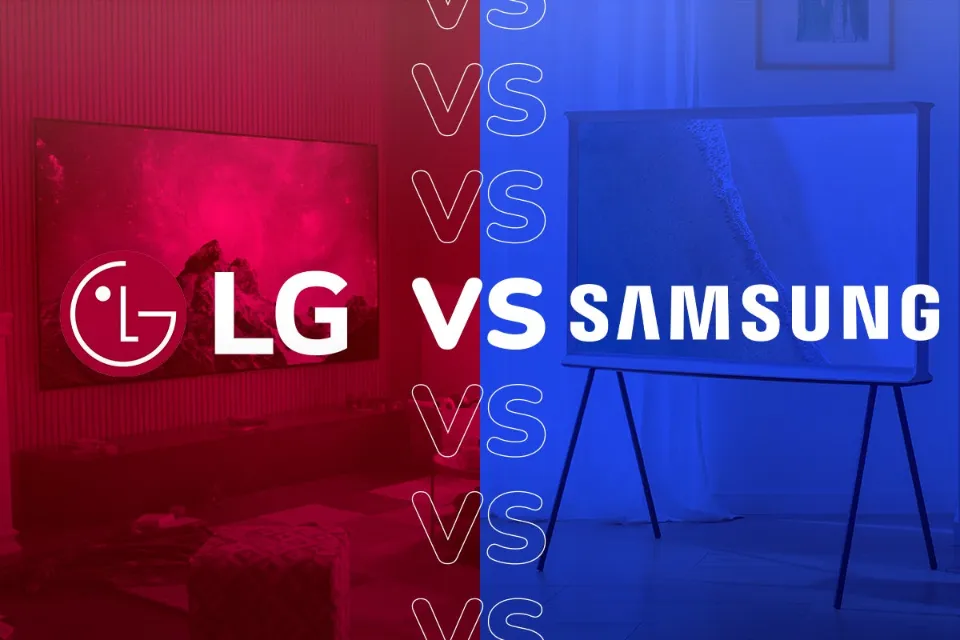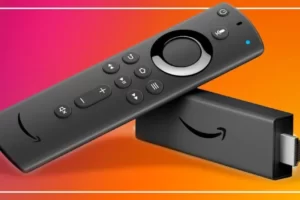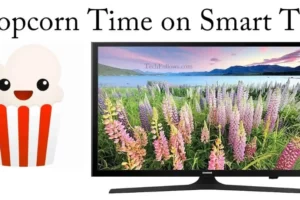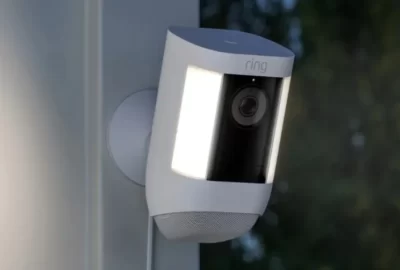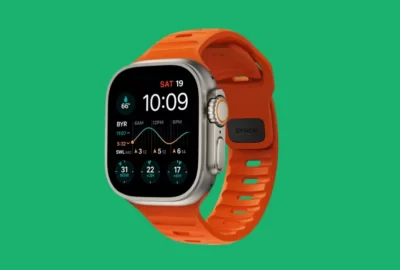Which is Better LG Or Samsung TV? Complete Guide 2023
Both Samsung and LG produce excellent televisions, but how do you decide which one is best for you? Which is better LG or Samsung TV? After reading our post, you will have your own answer.
These well-known TV manufacturers have already experienced their fair share of successes, failures, and victories, with several of their televisions making our annual list of the best TVs.
Learn more about the main distinctions between Samsung and LG TVs by reading on.
Samsung Vs LG TV: Overview
Samsung and LG are two large-scale tech manufacturers that sell some of the best Although many of their high-end sets have different panel technologies, you can buy TVs today at both high and low price points. However, they might be deal-breakers, so you don’t need to know what they are right now.
Unlike Panasonic or Philips, which don’t have licenses in North America, both South Korean manufacturers have a significant presence in the UK and the US, sell televisions globally, and have a wide range of models available every year.
Given how many televisions Samsung and LG release each year, it is difficult to compare prices. There would be no point in pitting an excellent value LG budget set against Samsung’s premium flagship model for the year.
Both brands provide some of the best 32-inch smart TVs, best 4K TVs, best 8K TVs, and best super-sized sets for thousands of dollars or pounds. Both brands will meet your needs for a new TV, regardless of the size, shape, resolution, or price range you have in mind.
Samsung Vs Lg TV: Display Technology

You’ve probably heard of the two panel types vying for supremacy at the top end of the market: OLED and QLED. Samsung is best known for supporting QLED, despite recently releasing the world’s first OLED panel. The OLED panels that LG produces for other manufacturers are renowned.)
What makes a difference? The term “Organic Light-Emitting Diode” refers to the fact that each of the TV’s pixels—over 8 million in a 4K panel—is individually lit. This results in unparalleled contrast and incredible immersion in darker scenes (because the pixels turn off, becoming completely black). So there’s a reason the LG C2 regularly tops lists of the best TVs around the web.
The main disadvantage is that they have a lower peak brightness than panels with backlights, which makes them unsuitable for rooms with a lot of natural light during the day. Additionally, there is the chance of burn-in, which happens when an image stays static on a screen for an extended period of time (think news tickers and sports scores).) However, safety measures in today’s OLED panels make sure that this is more of a potential risk than a real issue under normal use.
Despite having the moniker “QLED,” Samsung’s patented technology significantly improves the LED panels in less expensive sets. Although the pixels don’t individually light up, quantum dots are used in QLED for better color and contrast and there are several dimming zones. Also, look out for the mini-LED QLED sets – such as the QN90A Neo – as these have smaller backlights for tighter control.
Ultimately, the picture quality isn’t as good as OLED in ideal conditions, but it’s not far off, and the increased brightness makes it much better suited to bright rooms or daytime viewing, which is significant.
A layer of nanoparticles is positioned between the LED backlight and the screen in LG’s NanoCell technology, which is comparable to QLED and improves colors and contrast. These OLED panels are less expensive and have essentially the same advantages and disadvantages as QLED.
Samsung Vs LG TV: Smart TV Platform

Samsung and LG both employ their own exclusive smart TV platform. Two of the top smart TV operating systems are frequently cited as being LG’s webOS and Samsung’s Tizen. However, despite being quick and filled with the newest apps, there are some differences.
LG has been leading with webOS – a minimal smart TV interface – as of 2014. For frequently used apps, streaming services, and inputs, it uses a horizontal menu bar. The placement of these items can be changed, allowing you to decide where your preferred apps should be located on the dashboard.
The interface has changed in recent years, as you can see from the image above, swapping out the traditional overlay of apps for a full-screen view that is less crowded but is still, in our opinion, the best smart TV platform.
Samsung‘s In terms of layout, Tizen platform isn’t significantly different from the former (you could say it was influenced by it). Although the OS attempts to reduce clutter, there are many times when it becomes necessary to search for a specific app, which can sometimes make navigation more difficult. Thanks to a Smart Hub multimedia page that divides up content from apps and from your own USB sticks/home network, that is thankfully made simpler. The primary distinction is that LG’s ThinQ AI software has a more effective search algorithm than it does.
But what about voice-activated devices? With limited Alexa compatibility, LG’s OLED and Super UHD televisions have Google Assistant built-in. Samsung offers Google Assistant or Alexa through third-party devices in addition to its own (slightly worse) first-party Bixby assistant, which is only available on mid-range or higher-end televisions.
Samsung Vs LG TV: Panel Tech
OLED and QLED are the two panel technologies used in the premium television market today.
The term “organic light-emitting diode” (OLED) refers to a television panel that can produce its own light rather than requiring external illumination. An OLED TV’s advantage is that it makes it possible for TV displays to be incredibly thin and gives you the option of adjusting the brightness of specific pixels. OLEDs are renowned for their vivid colors, intense black levels, and low brightness.
OLED screen “burn in” is a topic that is frequently discussed, but most of the evidence for this is anecdotal, and you would likely need to be working the set very hard for this to become an issue. Even if you have a Sony OLED in your home, LG Display makes all OLED panels, so you can thank them for that.
Samsung, on the other hand, is the creator of the proprietary QLED technology. Instead of being able to adjust brightness with each individual pixel, QLED uses a filter of quantum dots to improve color and contrast and makes do with a number of dimming zones to do so. Although QLED TVs are much brighter than OLEDs (thousands of nits compared to hundreds), they sometimes have trouble displaying both light and dark images simultaneously.
In our guide on QLED vs. OLED, we’ve covered this argument in more detail. It will suffice to say that OLED is typically well suited to high-quality video formats in dim viewing environments, whereas Samsung’s sets fall short on contrast (relatively), but make up for it with a bright and impactful display.
With the Samsung S95B having been introduced in 2022, Samsung is dipping its toe into the OLED TV market. Despite the fact that it is technically a QD-OLED, Samsung calls it that. Because the OLED technology used in this display actually represents a completely new type, one that combines the well-known self-emissive characteristics of OLED with the potential for brightness and color range of QLED.
It’s also important to note that while LG may be the company responsible for OLED panels, it also produces a QLED-like display technology known as NanoCell. The layer of nanoparticles in NanoCell TVs sits between the screen and the LED backlight, enhancing contrast and color. A lot of the advantages of QLED TVs are also present in nanoCell TVs, which are typically less expensive than OLED panels.
Read More:
Conclusion: Which is Better LG Or Samsung TV?
Hopefully, this guide will have offered some helpful pointers about whether to go with an LG or Samsung TV. Still, it’s important to remember this is only general advice and can’t apply to specific sets.
No matter how similar the general strengths of the two brands are, a high-end TV from one will always outperform a low-end model from the other.
Having said that, nothing currently outperforms LG’s OLED panels for color and contrast if you’re searching for the most impressive picture quality available, regardless of price.
You can’t go wrong with either a Samsung TV or an LG TV, but knowing some of the key differences between their display technology, smart You should use TV platforms and formats to guide your decision regarding the best TV brand for you.
FAQs
Should I Get a Samsung Or LG?
If you prefer a brighter picture, Samsung’s QLED sets are the way to go. However, we suggest an OLED TV from LG if you want a higher contrast ratio (where blacks appear black and not gray) and a wider viewing angle.
Does Samsung Or LG Have Better Picture Quality?
Samsung TVs usually get a fair bit brighter and have better contrast, while LG TVs generally have much wider viewing angles and have better smart features.
Is It Worth It to Buy a LG TV?
Overall, the LG has a well-earned reputation for high-quality designs and great picture quality, whether it’s on mid-range systems like TVs made by LG using basic LCD panels, LG Nanocell, LG QNED, or more affordable LG UHD models.

